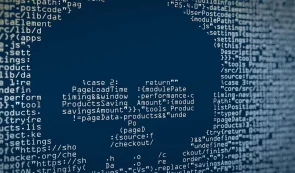Arbitrum Announced Airdrop Date – Here is When

Ethereum (ETH) layer-2 (L2) scaling solution Arbitrum has announced plans to transition to decentralized governance and airdrop a significant amount of its new native asset, ARB.
In a recent blog post, Arbitrum developers explained that the protocol will be governed by a self-executing decentralized autonomous organization (DAO).
What is Arbitrum?
Arbitrum is an L2 scaling solution for Ethereum developed by Offchain Labs. It is a type of rollup technology that aims to significantly improve the scalability and usability of the Ethereum blockchain by processing many transactions off-chain while still maintaining the same level of security and decentralization as the main Ethereum network.
Arbitrum accomplishes this by using a combination of smart contracts and advanced cryptographic techniques to ensure that all transactions are validated and processed in a trustless and secure manner. The ARB token is the native cryptocurrency of the Arbitrum network and is used for various purposes, such as paying transaction fees, staking, and participating in governance.
This makes Arbitrum the first EVM rollup technology to achieve the second stage of decentralization.
Arbitrum airdrop
The DAO’s votes on on-chain actions will have direct power to execute on-chain decisions without an intermediary. Furthermore, nearly 13% of the token supply will be airdropped to users next week, with the eligible recipients being selected through a special points system that considers various metrics.
READ MORE: Euler Labs Demands Stolen Funds Back Within 24 Hours
The airdrop is scheduled for March 23rd. The Arbitrum token is predominantly community-owned (~56%), with 12.75% of the community allocation being distributed in the upcoming ARB airdrop based on data taken from a snapshot on February 6th, 2023.
Nansen worked closely with The Arbitrum Foundation and Offchain Labs to design eligibility criteria that ensure the ARB tokens are fairly distributed among a large cross-section of real Arbitrum users.
















